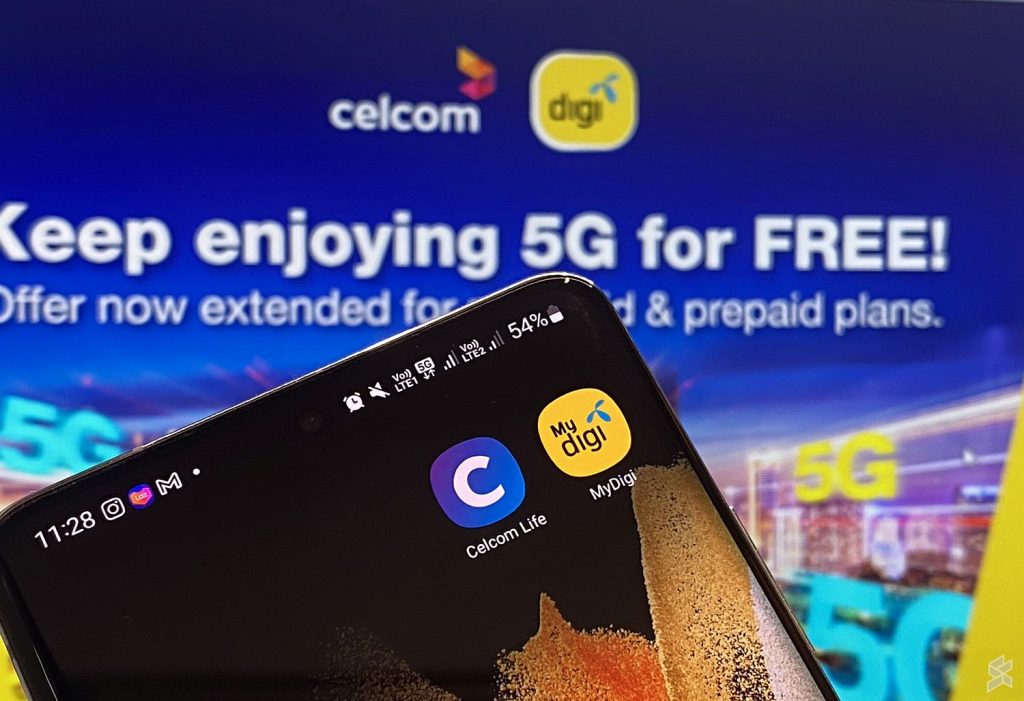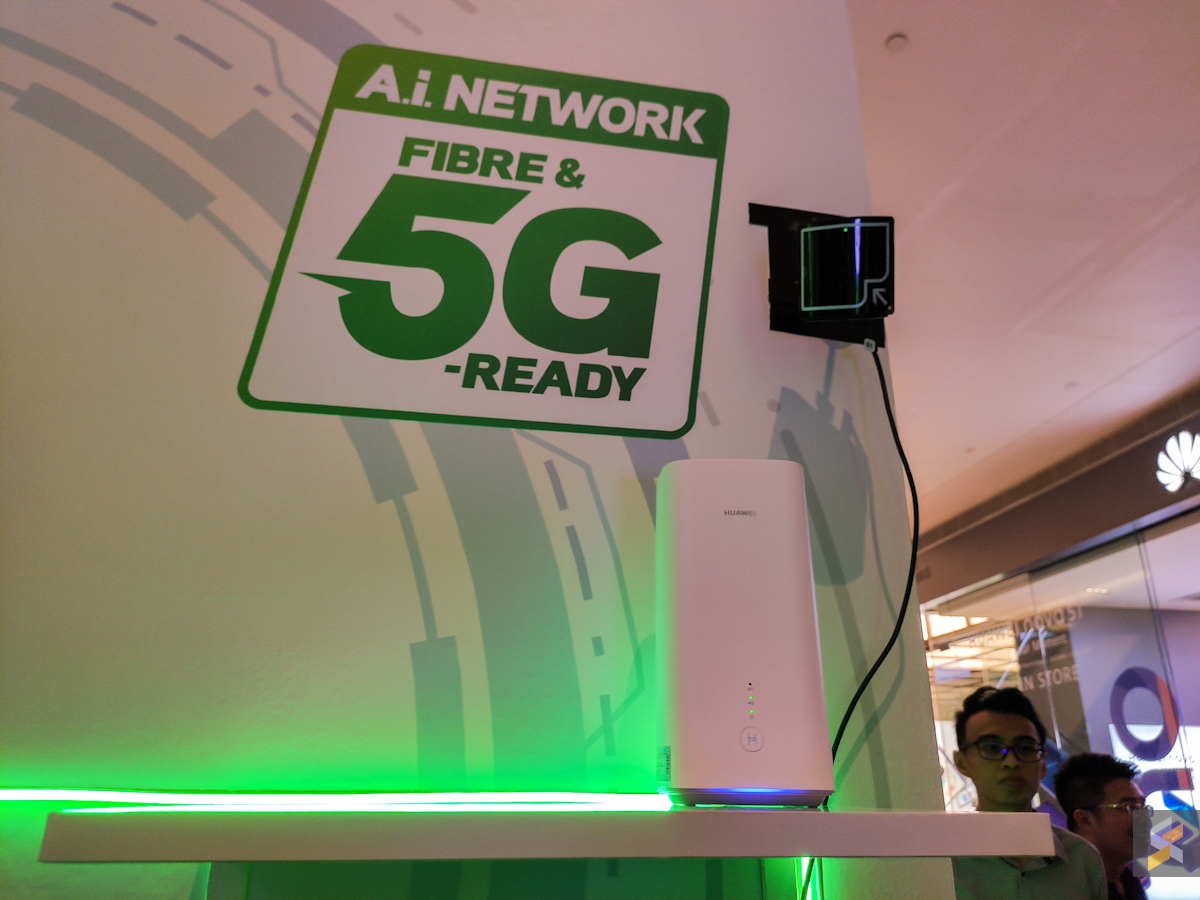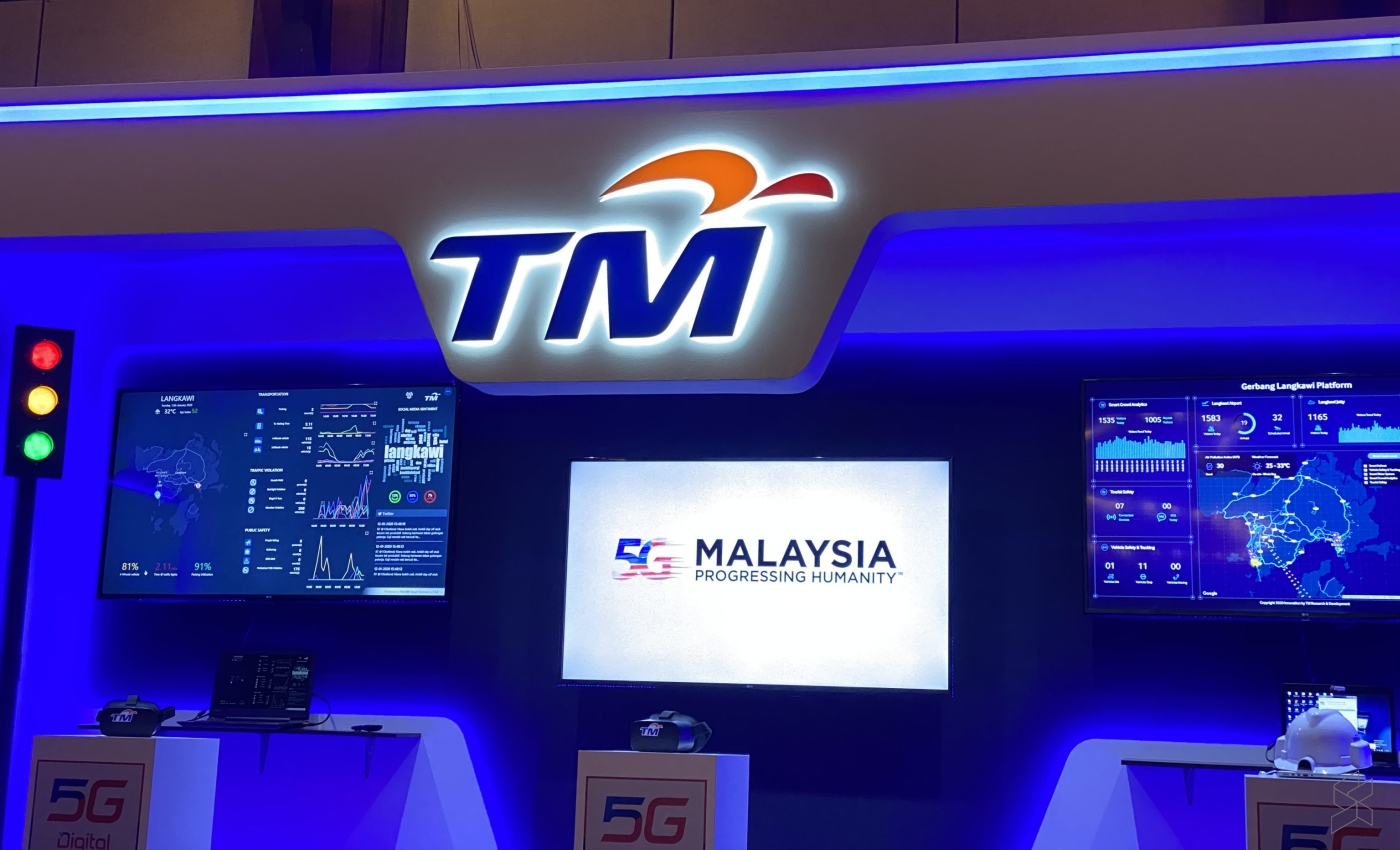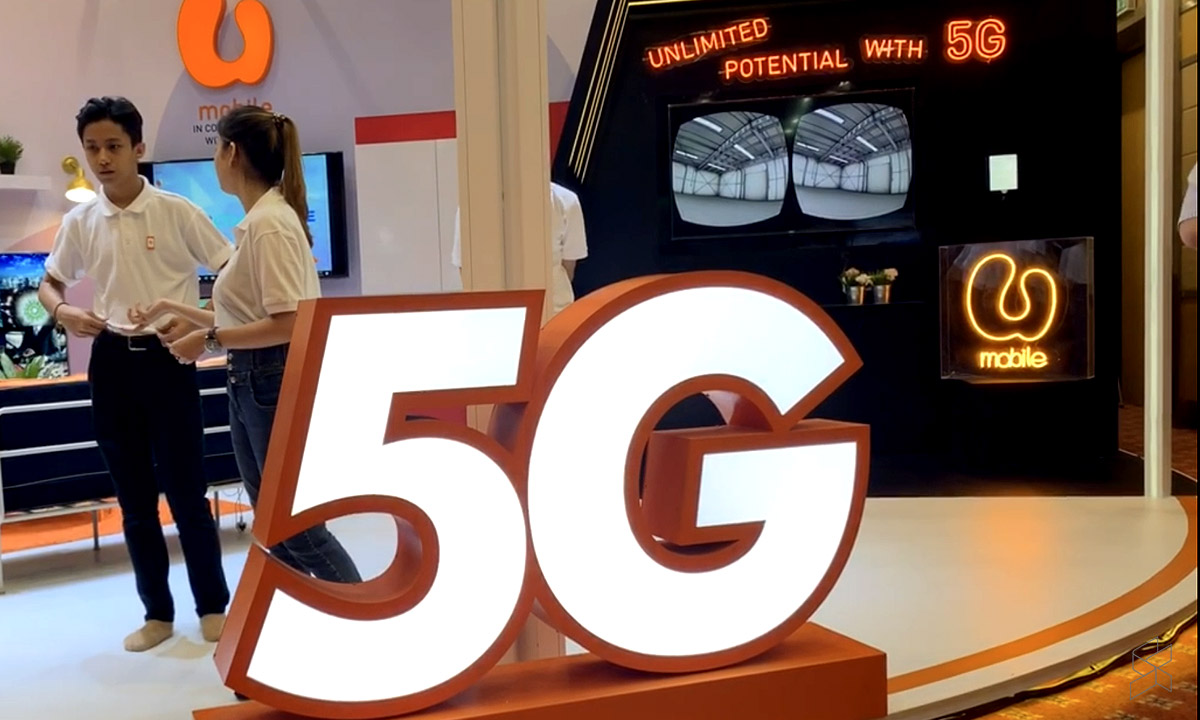Following the recent announcement that Malaysia will transition from a 5G Single Wholesale Network to a Dual Network model, the big four telcos – CelcomDigi, Maxis, TM and U Mobile have issued statements expressing support for the government’s decision. Under the new direction, Digital Nasional Berhad (DNB) will continue to roll out 5G until it achieves 80% population coverage, and a competing second 5G network will commence in 2024.

In an official statement, CelcomDigi says they welcome the Government’s decision to implement 5G under two networks once 80% 5G coverage of populated areas (CoPA) has been achieved. It also recognises the need for the efficient rollout of 5G based on the new enhanced model to provide wide and comprehensive coverage, encourage adoption, and ensure the affordability of 5G services for all Malaysians.
“CelcomDigi welcomes the opportunity to play a more active and direct role in the country’s 5G implementation, leveraging on our experience and resources, existing widest 4G network, supply chain and partner ecosystem to support the Government’s 5G ambitions, as we bring the best 5G solutions and offerings to Malaysian consumers and businesses,” said the newly merged telco in their statement.

Meanwhile, Maxis which currently is the only telco that hasn’t signed 5G access agreements with DNB says, “Maxis is committed to working closely with the industry to accelerate 5G for the nation in line with the Government’s digital ambitions. The Company recognises the importance of efficiently rolling out 5G and the economic benefits it will bring to all Malaysians. Maxis looks forward to providing 5G-related products and services to its customers soon, with a focus on affordability and adoption.”
The green telco added, “The rollout of the second network is expected to commence under phase two, in which Maxis looks forward to playing a more direct role in the country’s 5G implementation leveraging its expertise, resources and existing infrastructure.”
Maxis says it has been developing multi-industry 5G use cases with major players for commercial use through its 5G Alliance. While it currently does not offer commercial 5G services to consumers, it added that it has expanded its 5G international roaming services to more countries and has rolled out a range of 5G devices to its customers since last year.

Unifi Mobile via TM has also expressed support for the government’s decision to implement 5G over two phases. In their statement, TM says it will work closely with the Government and the industry to ensure the success of both Phase 1 (80% service coverage by DNB) and Phase 2 (shift to two networks) for Malaysia’s 5G implementation.
The statement added, “TM looks forward to continue playing an active role in the 5G implementation, leveraging its nationwide fibre infrastructure, extensive digital platforms (data centres, edge nodes) and rollout experience. TM shall continue to deliver converged connectivity and solutions across fibre and 5G to its home, SME, enterprise and Government customers through Unifi and TM One.”

U Mobile in their statement says it believes that the government’s latest decision on 5G would increase efficiencies and also encourage greater adoption for both consumers and enterprises. Apart from that, the dual 5G networks will also heighten market competition, leading to better network infrastructure performance and the raising of customer service levels.
In the meantime, U Mobile says it is committed to continuing to support the government’s ambition to achieve 80% 5G population coverage by the end of 2023 through DNB.
“Once the dual 5G networks is in place, U Mobile will ensure interoperability between the two networks. We also envision that we will be able to aggressively innovate in order to bring the full benefits of 5G to all our consumers. We are also looking forward to working with various industries to innovate services that improve efficiencies using 5G technology,” said U Mobile in their statement.
At the moment, only CelcomDigi, TM, U Mobile and YTL Communications offer 5G services via a wholesale 5G access agreement with DNB. DNB currently has 54.7% 5G population coverage as of 31st March 2023 and it has a target to achieve 80% 5G population coverage by the end of 2023 with 7,509 sites.








